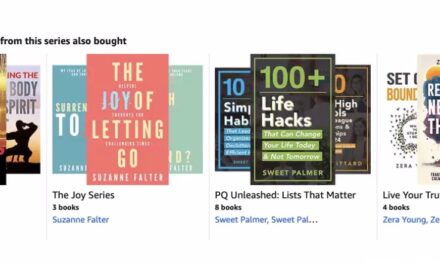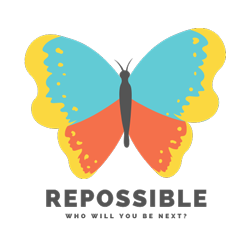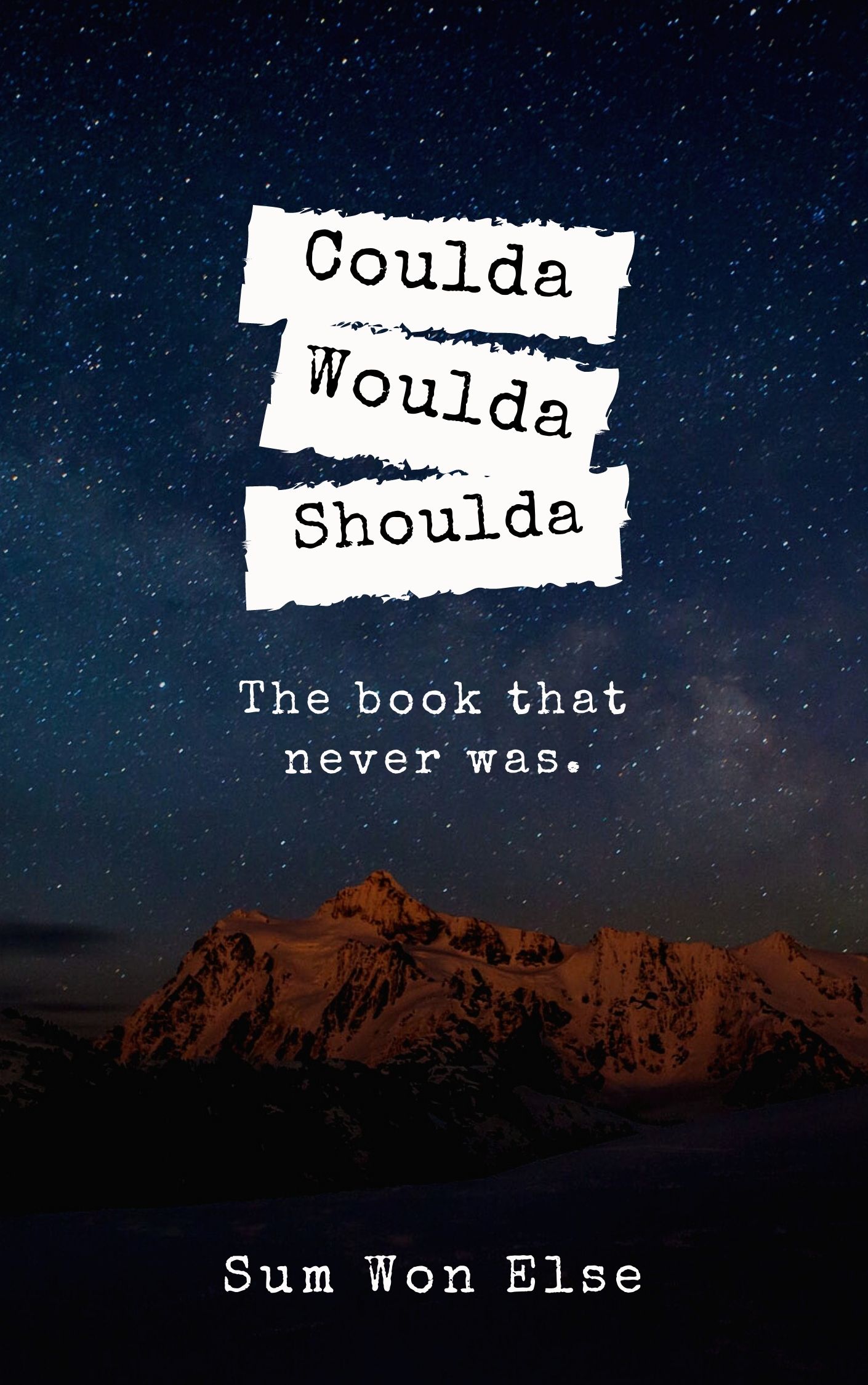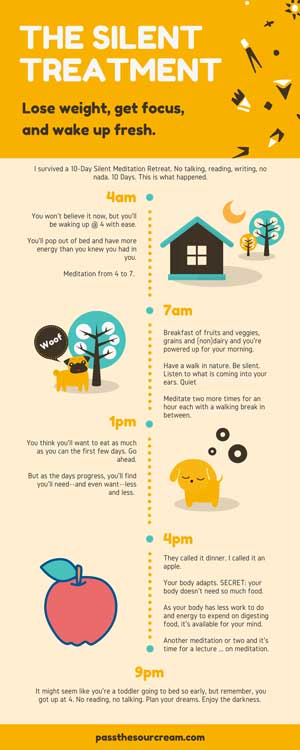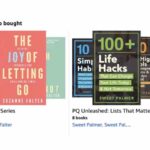
What if we spent less time making decisions?
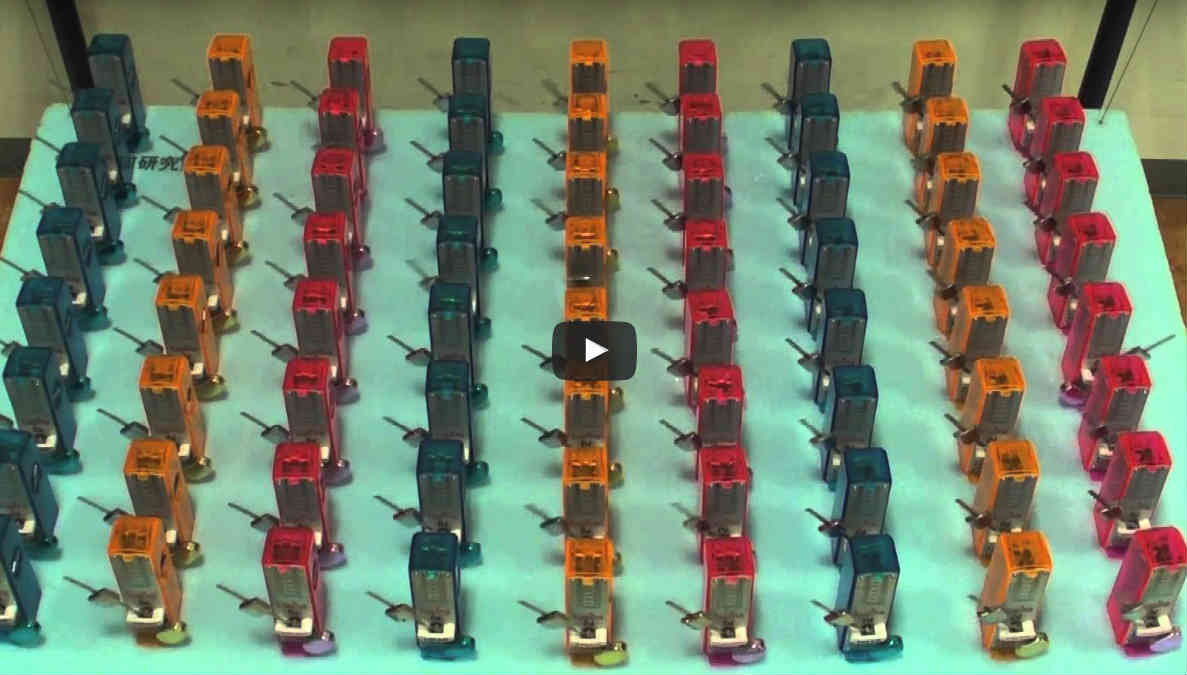
Apparently, we make 35,000 decisions per day. You just made another by choosing to read that (overwhelming) sentence.
Sounds like a lot of decisions to me. I would have thought maybe 429 per day. So I know how much you all love math word problems. Let’s do a little math.
The Internet says we make around 35,000 decisions per day. Let’s say 30,000 of those you don’t spend any time on (brush your teeth or not, walk to kitchen first or bathroom, etc. Without any scientific research to back this up whatsoever, let’s cut it down to an even 100 decisions where you might spend a minute of your time debating: yes, no, maybe, later, ok fine, no, wait, yes, no way! Of the 35,000, I think we can safely say that we spend 100 minutes back and forth with 100 questions, but if you want to play this more conservatively, say 1,000 decisions need 10 seconds of your time, but I’m still going with the 100 minutes of decision making time.
Is it decision making or decision non-making?
- Decision non-making: 59 seconds.
- Decision making: 1 second.
Aha, the time when you actually decide (“OK, it’s a yes!”) is fractions of a second. The hard and annoying and frustrating part is that time you spend building up to that decision. The time you spend going back and forth, unsure then sure, hemming and hawing, influenced and moved, swayed and giving up, it all takes time.
But a minute? Or even seconds? Surely we have that in a day! In fact, what else do we do all day? We have plenty of time, right? Sure we do. But what if we if could make decisions more quickly? Or here’s a crazy idea: what if we didn’t have to make decisions at all? What if we just knew?
Wouldn’t it be nice? Forget nice! It would be a huge time saver! Forget time! It would relieve stress and free up overworked brain cells for other activities (like creativity or pleasure). Think about those brain cells that are churning away every single day making decision after decision because you just don’t know any better. I’m not blaming you, we all struggle with decision making. But what if it could be easier? Just a little less effort? A little less time? A little less stress in our lives because something that we normally spent time and energy on was already decided? Sounds refreshing, doesn’t it?
David Taylor says, “A decision matrix is a series of questions that helps to put the decisions being made into the proper perspective and to consider all possible angles of the decision. It considers the user’s strengths and weaknesses and their blind spots.”
Sounds like a great strategy and one to use for even the toughest of decisions. Get out your spreadsheets and charts and have it! I’d bet it will help.
I’m going to offer one tiny solution in a single word and leave it hanging to let you take as you may. It’s what has worked for me, but it’s such a simple answer that it’s going to seem too easy. Aha, but it’s one of those: simple but not necessarily easy. It’s a technique that helps you make decisions on a more sub-conscious level to the point where your conscious mind isn’t even bothered with the decision-making process as your sub-conscious mind already has the answer. Sounds probably too good to be true, right? Yeah, that’s what I used to think too.
So I’ll just come out with the spoiler and leave it for however you want to take it: meditation.
- 35,000 Decisions: The Great Choices of Strategic Leaders by Dr. Joel Hoomans of Roberts Wesleyen College
- Why You Should Limit Your Number of Daily Decisions by Andrew Cohen at Entrepeneur.com
- You Make 35,000 Decisions A Day: How To Ensure They’re Excellent from The Thinking Business Blog
If you have 72 thoughts that are all over the place, what if there was a central decision-making system that would help you align your thoughts and decisions to the point where it became automatic or sub-conscious? What if your thoughts and processes were so aligned that one decision helped the other and that helped the other and pretty soon it was an overwhelming wave of decisions made and it just took over command and you sat back and … made a decision about what you’re going to do with all of that free time you now have because all of those decisions have already been made.


